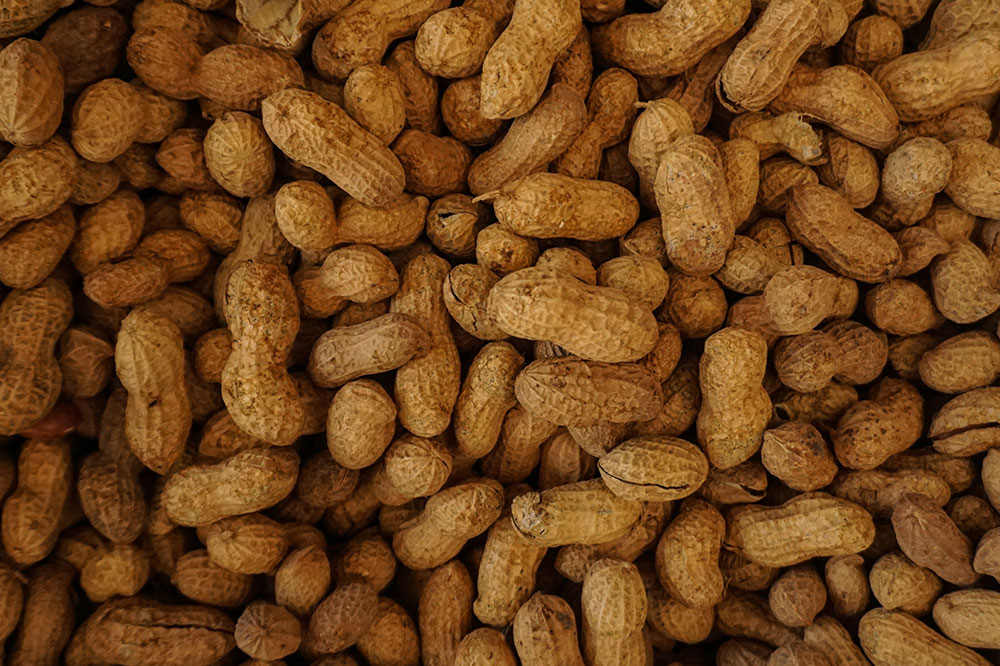6 Foods to Avoid to Manage Eczema
Eczema is a painful condition that results in dry, scaly patches over the skin’s outer layer. These patches blister and can be very uncomfortable, disrupting one’s routine. Several over-the-counter prescription medications and treatments help manage the condition. However, eliminating certain foods from the daily diet can also reduce the triggers that result in flare-ups. This article lists six such foods to avoid for eczema.
1. Dairy
Milk is an essential source of protein and is used in many recipes.

2. Peanuts
Peanut allergies are quite common in the country, and even consuming a handful of these nuts can trigger a severe rash that grows out of control in no time. Research shows that a person with eczema will suffer from an immediate flare-up after consuming the raw nut, peanut butter, or foods that contain even trace amounts of the nuts.
3. Citrus fruits
Eczema affects a person both topically and internally. And citrus fruits rank among the top foods to avoid. Coming in contact with the peel of common citrus fruits like lemon, oranges, and grapefruits can trigger immediate skin irritation, burning, and redness. Consuming these fruits may also result in an internal irritation in the affected area.
4. Gluten
Gluten is found in different types of grains. In fact, wheat gluten is commonly used as a thickening, binding, coloring, and even flavoring agent in most processed foods on the supermarket shelves. And it remains to be one of the leading triggers of allergy among adults of all ages. If a person is already allergic to gluten, eliminating said products can help manage any flare-ups that can trigger eczema.
5. Soy
Soy is usually a good substitute for dairy in case someone is lactose intolerant. However, soy milk, grains, and soy-based products can also worsen eczema symptoms over time. Soy ranks among the top allergens, including gluten, dairy, citrus, and selected nuts. It is not clear why soy triggers a chronic inflammatory response. But eliminating these foods certainly helps manage the condition better.
6. Spices
Simple spices can also result in inflammation due to the buildup of heat in the body. Moreover, cloves, coriander, fenugreek, vanilla, and cinnamon are natural allergy triggers and are commonly used in daily cooking. One must try and avoid these spices if already suffering from skin allergy.
Eczema has no cure, and the inflammation is chronic. The condition can only be managed by reducing the discomfort. Note that elimination diets only help reduce the chances of eczema flare-ups and don’t reduce the symptoms. Avoiding certain food triggers certainly helps improve the quality of life while treating the condition.